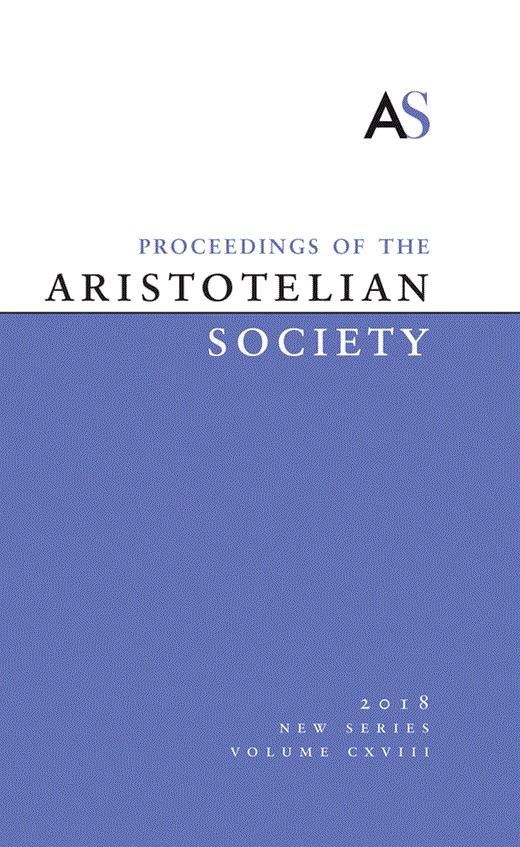-
Views
-
Cite
Cite
Holly Lawford-Smith, XIV—What’s Wrong with Collective Punishment?, Proceedings of the Aristotelian Society, Volume 118, Issue 3, October 2018, Pages 327–345, https://doi.org/10.1093/arisoc/aoy012
Close - Share Icon Share
Abstract
Suppose that a group of individual agents meets plausible conditions for collective agency, and that the collective agent thereby constituted performs a harmful action. The collective may be blameworthy for having performed that action, and it may be appropriate that the collective be punished for having performed it. But this raises a difficult question: how to punish collectives. Some have argued that we can’t, because we cannot punish collectives without punishing at least some of their members. I argue that this is not an objection to collective punishment, so long as members are punished in their role as members, rather than in their role as private individuals. I discuss several issues that come up when we think about punishing groups: the forms punishment can permissibly take; the distribution of collective punishment among members; and the relation between this view of collective punishment and the law of joint enterprise.





